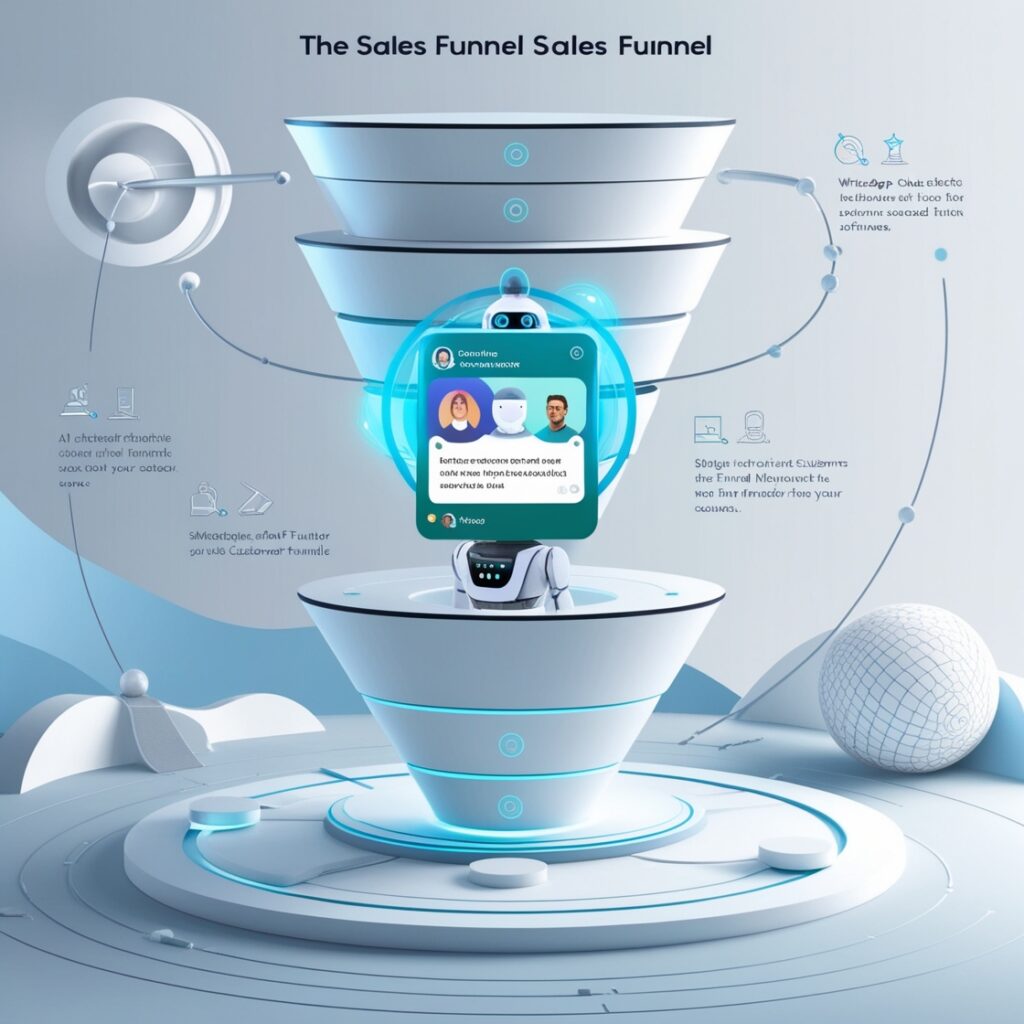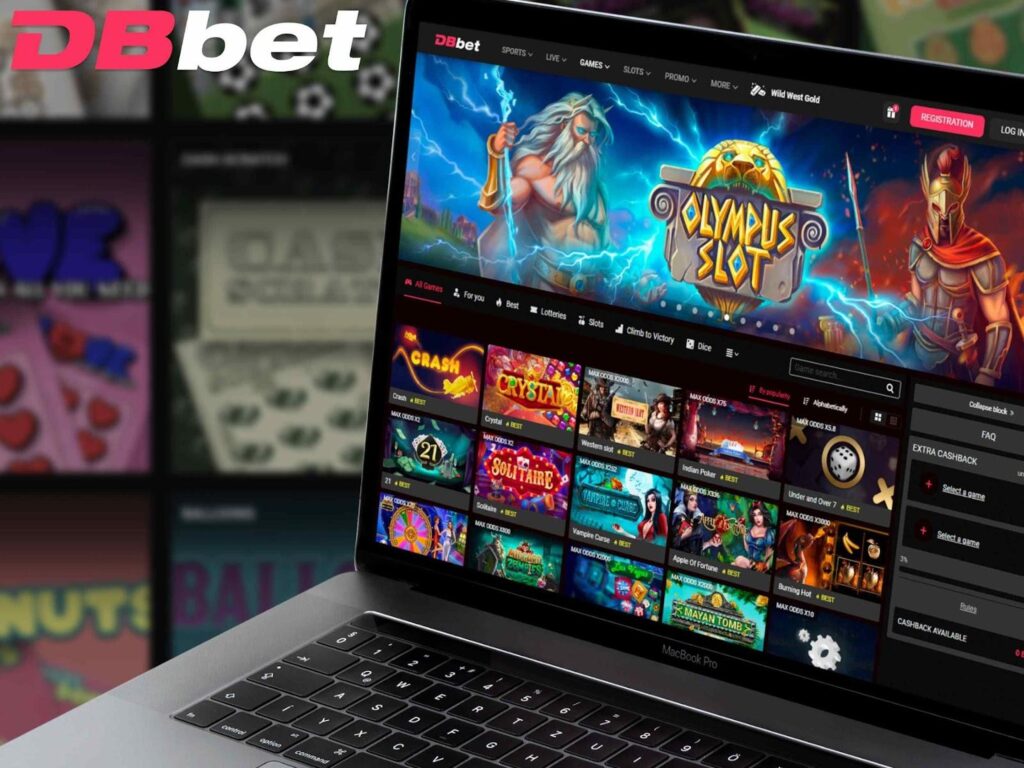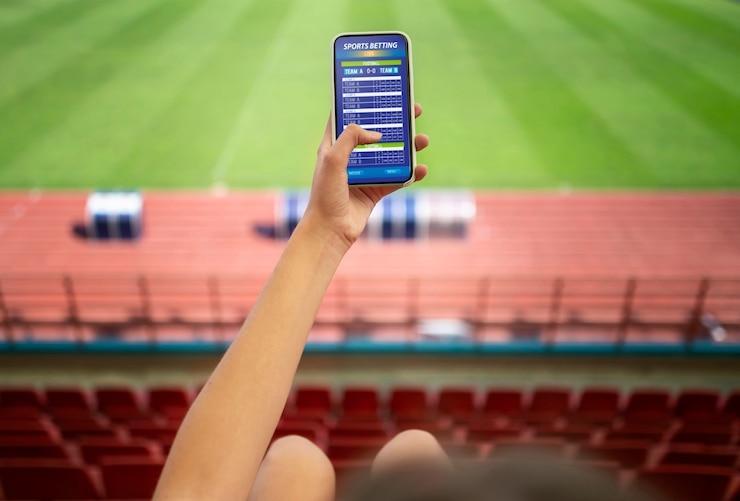In today’s fast-paced digital landscape, businesses are constantly searching for effective ways to enhance customer experiences. Two-way communication on WhatsApp Business has become a game-changer, enabling businesses to provide real-time support, improve engagement, and build lasting customer relationships.
This article explores the advantages of two-way messaging on WhatsApp, practical ways to implement it for customer support, and how technologies like chatbots and RCS messaging can further improve operations.
Why Two-Way Communication Matters
Traditional customer support channels like email and phone calls often lack immediacy, leading to frustration among customers. Two-way communication, especially on a platform as widely used as WhatsApp, ensures instant interaction, which is critical for customer satisfaction.
Benefits of Two-Way Messaging on WhatsApp:
- Real-Time Resolution: Queries and complaints can be addressed promptly.
- Improved Customer Engagement: Continuous interactions help build trust and loyalty.
- Enhanced Personalisation: Conversations can be tailored to individual customer needs.
Unlike one-way messaging systems, two-way communication facilitates dialogue, making customers feel valued and heard.
How WhatsApp Business API Powers Two-Way Messaging
The WhatsApp Business API enables businesses to automate and personalise their communication efforts while ensuring compliance with WhatsApp’s policies.
Key Features for Two-Way Communication:
- Automated Responses: Chatbots can handle common queries instantly.
- Message Templates: Pre-approved templates ensure consistency.
- Multi-Agent Access: Teams can collaborate seamlessly.
- Rich Media Support: Share images, videos, and PDFs for better context.
With these features, businesses can provide scalable yet personalised support.
Using Chatbots for Two-Way Customer Support
Chatbots play a pivotal role in two-way messaging by automating responses without sacrificing the conversational aspect. A WhatsApp Business chatbot can:
- Resolve FAQs instantly.
- Transfer complex issues to human agents when necessary.
- Offer multilingual support to cater to diverse customer bases.
Example in Practice:
A travel agency uses a WhatsApp chatbot to answer booking queries, provide travel itineraries, and process cancellations. When complex issues arise, the chatbot escalates the matter to a human agent, ensuring uninterrupted customer service.
Integrating Two-Way Messaging with RCS
Rich Communication Services (RCS) is another powerful tool for businesses looking to enhance their messaging capabilities. Known as the next evolution of SMS, RCS offers features like interactive buttons, high-resolution images, and location sharing.
When paired with WhatsApp, RCS messaging enhances two-way communication by:
- Providing a fallback option for users who do not use WhatsApp.
- Enabling businesses to run multi-channel campaigns.
- Delivering rich media experiences to customers.
Top RCS Providers in India:
Some of the best RCS providers in India include MSG91, Route Mobile, and Tanla Platforms. These companies offer robust platforms that integrate seamlessly with WhatsApp Business API, ensuring consistent communication across channels.
Practical Applications of Two-Way Communication on WhatsApp
1. Customer Support:
Businesses can use two-way messaging to resolve queries, troubleshoot issues, and provide after-sales support. Automated replies via chatbots ensure round-the-clock availability.
2. Lead Qualification:
WhatsApp allows businesses to interact with potential customers, qualify leads, and guide them through the sales funnel. Drip campaigns can be deployed to nurture these leads effectively.
3. Appointment Booking and Reminders:
Healthcare providers, salons, and other appointment-based businesses can leverage WhatsApp to book slots, send reminders, and handle rescheduling.
4. Feedback and Surveys:
Two-way communication enables businesses to collect feedback effortlessly, helping them improve products and services.
Example in Action:
An e-commerce platform uses WhatsApp to notify customers about order status, address complaints, and collect post-purchase reviews, leading to improved customer retention.
Best Practices for Implementing Two-Way Messaging
- Use Personalisation:
Incorporate customer names and preferences into messages to make interactions meaningful. - Set Up Automation:
Deploy chatbots for common queries but allow for human intervention when necessary. - Monitor Metrics:
Track response times, resolution rates, and customer satisfaction to measure effectiveness. - Ensure Compliance:
Follow WhatsApp’s business policies and obtain user consent for messaging. - Integrate with Other Tools:
Combine WhatsApp with CRM systems like Zoho and sales funnel builders to streamline operations.
The Role of Drip Campaigns
Drip campaigns are automated sets of messages sent at specific intervals. When implemented on WhatsApp, these campaigns can:
- Nurture leads by sharing valuable information.
- Retain customers through loyalty programs.
- Reactivate inactive users with exclusive offers.
Example:
A SaaS company runs a drip campaign on WhatsApp to onboard new users, share product tips, and upsell premium features, leading to higher conversions.
How to Get Started with WhatsApp Two-Way Messaging
- Choose a Reliable API Provider:
Select a provider like MSG91 to access WhatsApp Business API. - Develop a WhatsApp Chatbot:
Use tools like Twilio or Meta’s native platform to create a chatbot that aligns with your business goals. - Integrate with Existing Tools:
Connect WhatsApp with CRMs like Zoho and e-commerce platforms like Shopify for seamless operations. - Test and Optimise:
Run pilot campaigns to identify improvement areas before scaling up.
Two-way communication on WhatsApp has revolutionised customer support, enabling businesses to engage with their audience in meaningful ways. By leveraging technologies like chatbots, RCS messaging, and drip campaigns, companies can create a cohesive, multi-channel strategy that drives customer satisfaction and loyalty.
Integrating WhatsApp with other tools such as CRMs and sales funnel builders further simplifies workflows, ensuring a seamless customer journey. As businesses continue to adopt two-way messaging, the focus should remain on delivering personalised and efficient support to stand out in a competitive market.






